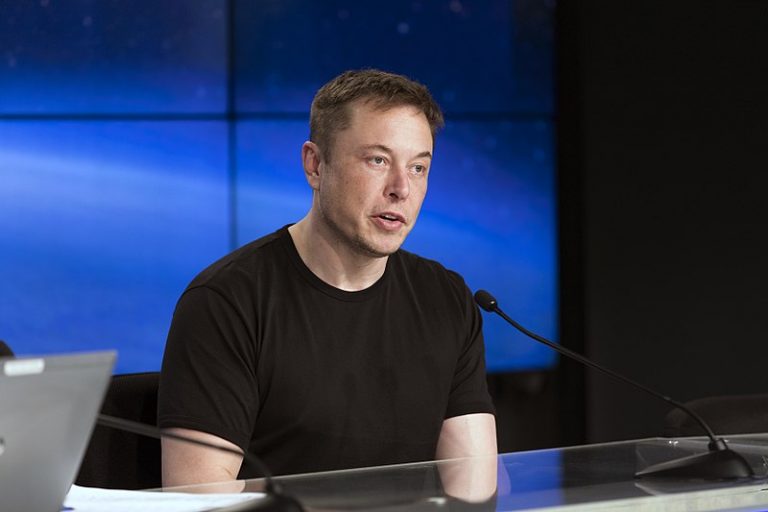 AI
AI
 AI
AI
 AI
AI
Elon Musk has sued OpenAI for allegedly misleading him about the goals of its artificial intelligence development efforts.
The lawsuit was filed today with the District Court for the Northern District of California. Musk’s attorneys name not only OpenAI but also Sam Altman and Greg Brockman, the AI developer’s chief executive and president, respectively, as defendants. The lawsuit is similar to a case that Musk brought against the company in March and withdrew a few months later without providing a reason.
OpenAI launched as a nonprofit in 2015 with backing from Musk and several other technology executives. In 2019, it created a for-profit arm to lead its AI development projects. Over the subsequent years, OpenAI received more than $10 billion worth of funding and cloud infrastructure from Microsoft Corp., which in turn gained an exclusive license to the AI developer’s large language models.
Musk’s new lawsuit accuses OpenAI, Altman and Brockman of misleading him when the AI developer was founded in 2015. At the time, OpenAI allegedly positioned itself as a nonprofit committed to making its AI technology available under an open-source license. The lawsuit argues that the company’s launch of its for-profit arm and its subsequent partnership with Microsoft breached this commitment.
“After Musk lent his name to the venture, invested significant time, tens of millions of dollars in seed capital, and recruited top Al scientists for OpenAL Inc., Musk and the non-profit’s namesake objective were betrayed by Altman and his accomplices,” the lawsuit reads.
Musk is seeking damages from OpenAI for alleged breach of contract, false advertising and unfair competition. Furthermore, the lawsuit asks the court to either void the AI developer’s LLM licensing agreement with Microsoft or determine whether its newest LLMs qualify as artificial general intelligence. OpenAI’s licensing agreement with Microsoft doesn’t cover AGI, which means that the latter company would lose access to GPT-4o if the model were to be designated as AGI by the court.
After Musk filed his first, since-withdrawn lawsuit against OpenAI in March, the company published a set of partly redacted emails from the Tesla Inc. CEO. In one of the messages, Musk seemed to support the idea that the company should adopt a for-profit approach. “A for-profit pivot might create a more sustainable revenue stream over time and would, with the current team, likely bring in a lot of investment,” Musk wrote.
“As we said about Elon’s initial legal filing, which was subsequently withdrawn, Elon’s prior emails continue to speak for themselves,” an OpenAI spokesperson told Axios.
The lawsuit comes about two months after Musk’s xAI Corp., an AI startup that competes with OpenAI, raised $6 billion in funding at a $24 billion valuation. The company develops an LLM series called Grok with a similar set of capabilities as GPT-4o. The funding will help xAI upgrade its AI development infrastructure, which includes a supercomputer that is expected to feature 100,000 graphics cards once it becomes fully operational.
Support our mission to keep content open and free by engaging with theCUBE community. Join theCUBE’s Alumni Trust Network, where technology leaders connect, share intelligence and create opportunities.
Founded by tech visionaries John Furrier and Dave Vellante, SiliconANGLE Media has built a dynamic ecosystem of industry-leading digital media brands that reach 15+ million elite tech professionals. Our new proprietary theCUBE AI Video Cloud is breaking ground in audience interaction, leveraging theCUBEai.com neural network to help technology companies make data-driven decisions and stay at the forefront of industry conversations.